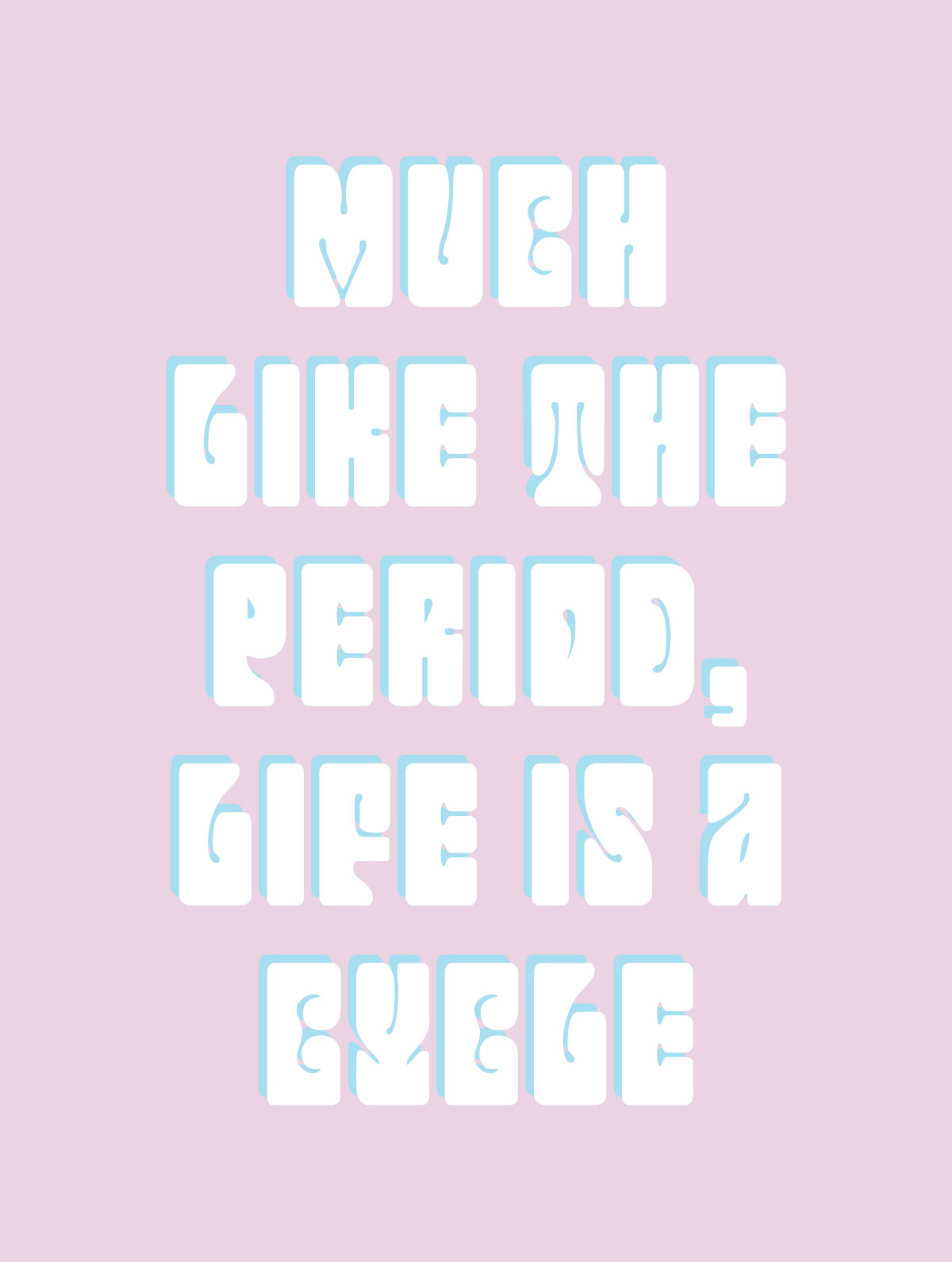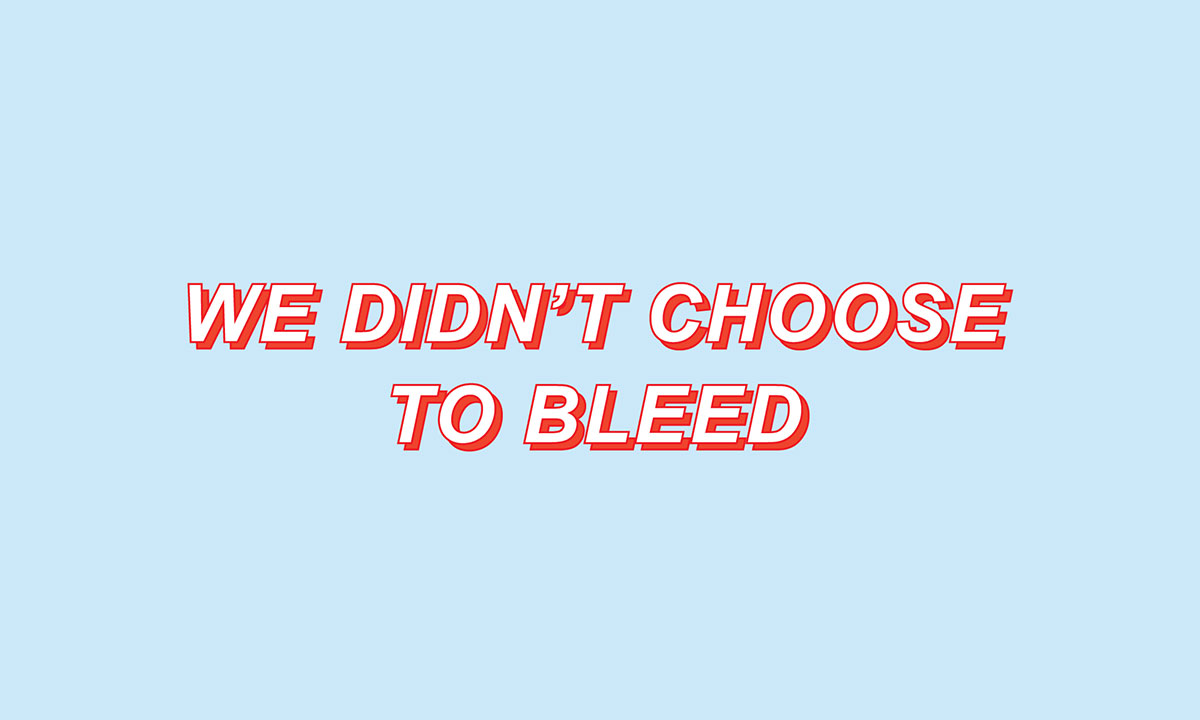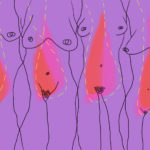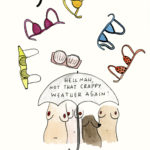Only when it ached day and night did I take time off work to go…
The Tampon Tax
When bleeding is viewed as a luxury8 May 2019
As far as we can remember, the current patriarchal structure has ensured that women’s bodies are stigmatised in many communities. This period stigma has been, and is, entrenched in religious and political views, which deems a body ‘unclean’ upon its monthly cycle.
An empirical study by PhD student Luciana Magnoni Roberte et al., Men’s Perceptions & Attitudes Toward the Partner with Premenstrual Syndrome, found that the perceptions of men’s behaviour towards their partner were strongly influenced by the biomedical conceptions of PMS, subsequently affecting the couple’s relationship and further pushing the idea that PMS symptoms were deemed unimportant.
This comes as no surprise as the science industry remains male-dominated. The Economist references a report by the Elsevier Foundation; a group focused on the advancements of early- to mid-career women scholars by creating initiatives that help women in corporate environments. The report, tilted, Gender in the Global Research Landscape, showcases that (after studying 62m peer-reviewed papers) Brazil and Portugal were the closest to having equal representation of female science writers, with Japan upholding a very uncool image for Japanese women to take on and study science.
If this representation shows that women only grew from 30 per cent in the late 1990s to about 40 per cent in two decades, how can we ensure as a society that non-binary representation and femme attributes are considered important characteristics in the industry? Or is this push just a red spot in the horizon?

With its more accessible queer lifestyle than many traditional cities around the world, one would assume that Berlin’s accessibility to tampons and sanitary pads would be a priority in the monthly calendar. Although, as Jiddu Krishnamurti says, “Tradition becomes our security, and when the mind is secure it is in decay.” It seems that keeping tampon tax as a luxury is still taking on with its traditional approach.
The German group Blood Ties have started a petition to decrease the current luxury tax put upon sanitary products in the country. Germany’s view of sanitary products is exactly that, a luxury. Women using tampons or pads are charged up to 19 per cent VAT, although many are fighting to reduce it to the 7 per cent VAT rate. The reduced rate applies to stable needs for a person, such as food and daily essential needs. While tampons and pads still sit at 19 per cent, caviar and cut flowers remain at 7 per cent – just to give some perspective.
The question then arises, are we so set in a gender binary that whilst our bodies naturally bleed, we keep this categorised as ‘lady business’ on a socio-political and economic scale? Germany has one of the highest gender pay gaps in Europe, and with this divide, assuming that a natural bodily process is deemed a luxury further reinforces stigmas and gender stereotypes. This leaves many of us seeing red.

So, much, like it’s best friend Pink Tax (which affects women who earn up to a fifth less than male co-workers) the period stigma does not seem to have been lifted in Berlin as much as many people would be left to believe.
Ensuring that these hurdles don’t cramp their style, Maxi Bethge and Tom Osmond from GEBEWO – Soziale Dienste (GEBEWO pro GmbH) has been working since May 2016 to help homeless women gain access to shelters with sanitary products available. Mostly a crowdfunded initiative, the core goal is to push the necessity of feminine hygiene for most homeless women; people who are most often forgotten and their stories left untold.
Maybe it’s that time of the month to put on the ‘Red Badge of Courage’ and try to stop this fiscal discrimination. Whilst contributing factors hinder a women’s rights and accessibility to free sanitary products (because we didn’t choose to bleed), ignoring these issues is like putting a bandaid on a bleeding wound. Let’s not take this approach and put it ‘on the rag.’ This discriminatory issue calls for Code Red!
–
Artwork by Tabitha Swanson exclusively for YEOJA Mag. For more on women’s health, click here.








